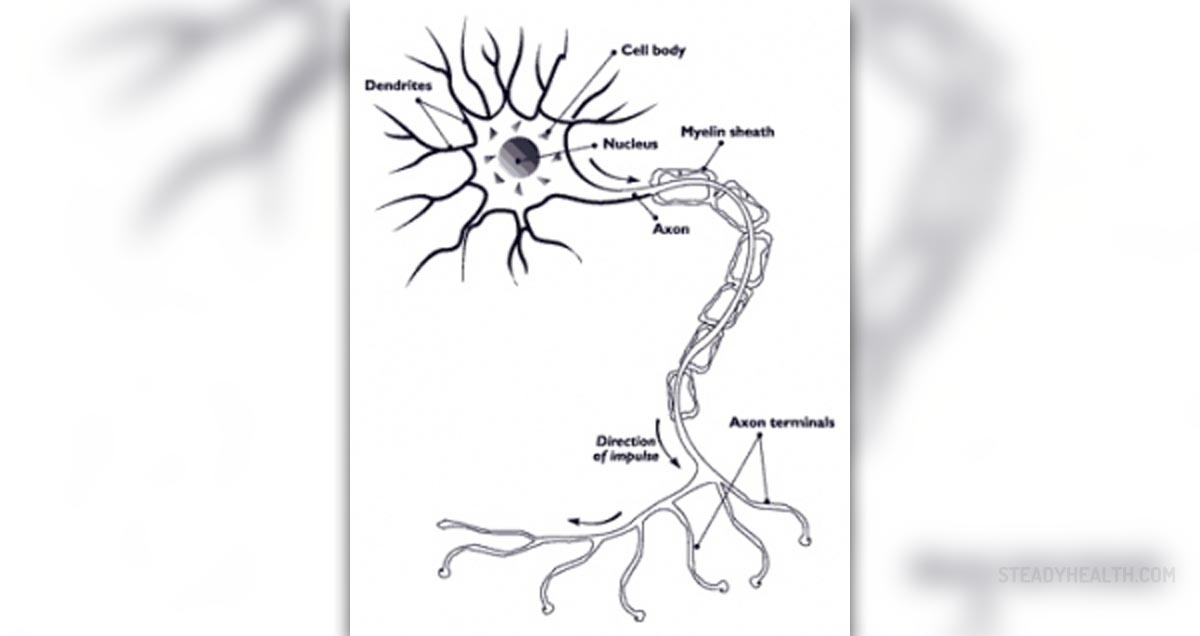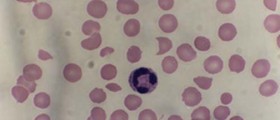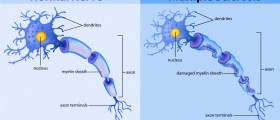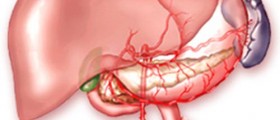
Causes of CIDP
This autoimmune condition occurs when a human body starts attacking its own cells. The immune cells, which normally protect the body from infection and foreign invaders, are here mistakenly attacking the nerves of the host body. Therefore, the nerve cells become inflamed and extremely irritated, which causes numbing, tingling, pain, loss of reflexes, fatigue, abnormal sensations, or muscular weakness. The first symptom of the disease is the unusual weakness of the limbs. In most of the cases, the symptoms come and go occasionally, which makes the accurate diagnosis very hard to establish. Once the symptoms become very severe and the presence of the disease obvious, patients will become too weak to walk independently, they may have difficulties in using hands or legs, facial weakness, muscle atrophy, and even breathing difficult or bowel and bladder problems.
Prognosis for CIDP
As in many other autoimmune diseases, including multiple sclerosis, it is very hard if not completely impossible to predict how the disease is going to affect the patient in the future. Many patients can make significant recoveries and again face severe relapses. In many cases, the unpleasant symptoms will greatly affect the quality of the patient’s life. Therefore, it is important to diagnose this condition early and prevent the loss of nerve axons if possible.
Treatment for CIDP
Treatment is focused on controlling symptoms of this disease. The treatment can make a huge difference in the quality of the patient’s life, and the most aggressive methods are used whenever the patients have difficulty walking or performing normal daily functions. Treatment for CIDP usually includes intake of corticosteroids, which can help to reduce inflammation and lessen the symptoms. Moreover, doctors may prescribe various immunosuppressant drugs, but this is usually an option only for the most severely affected patients. Doctors may also remove problematic antibodies from the blood or use intravenous immune globulin to add large numbers of antibodies to the blood plasma to diminish the effect of problem-causing antibodies.
- medlineplus.gov/ency/article/000777.htm
- www.cdc.gov/wtc/autoimmune.html
- Photo courtesy of ArnoldReinhold by Wikimedia Commons: commons.wikimedia.org/wiki/File:Nerve.nida.jpg

















Your thoughts on this
Loading...